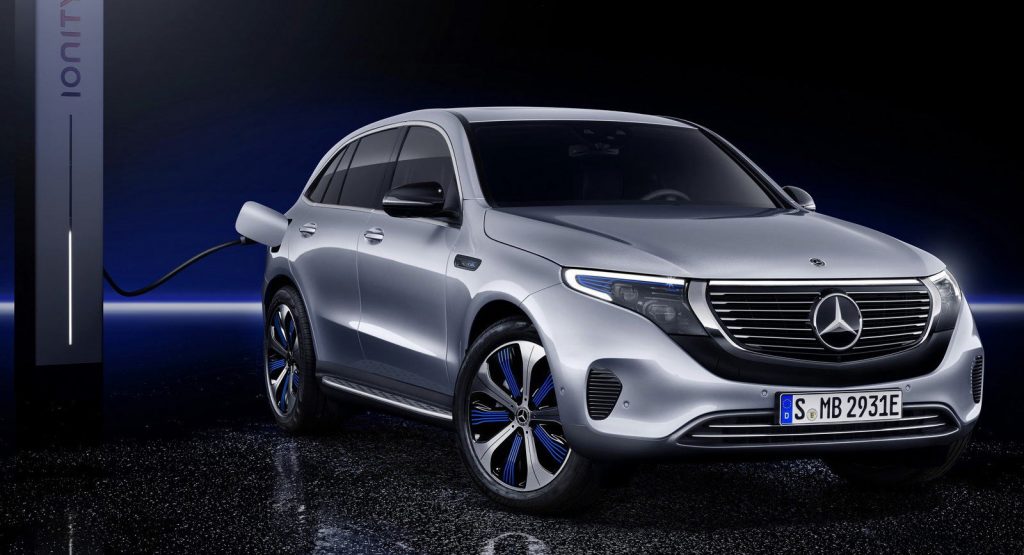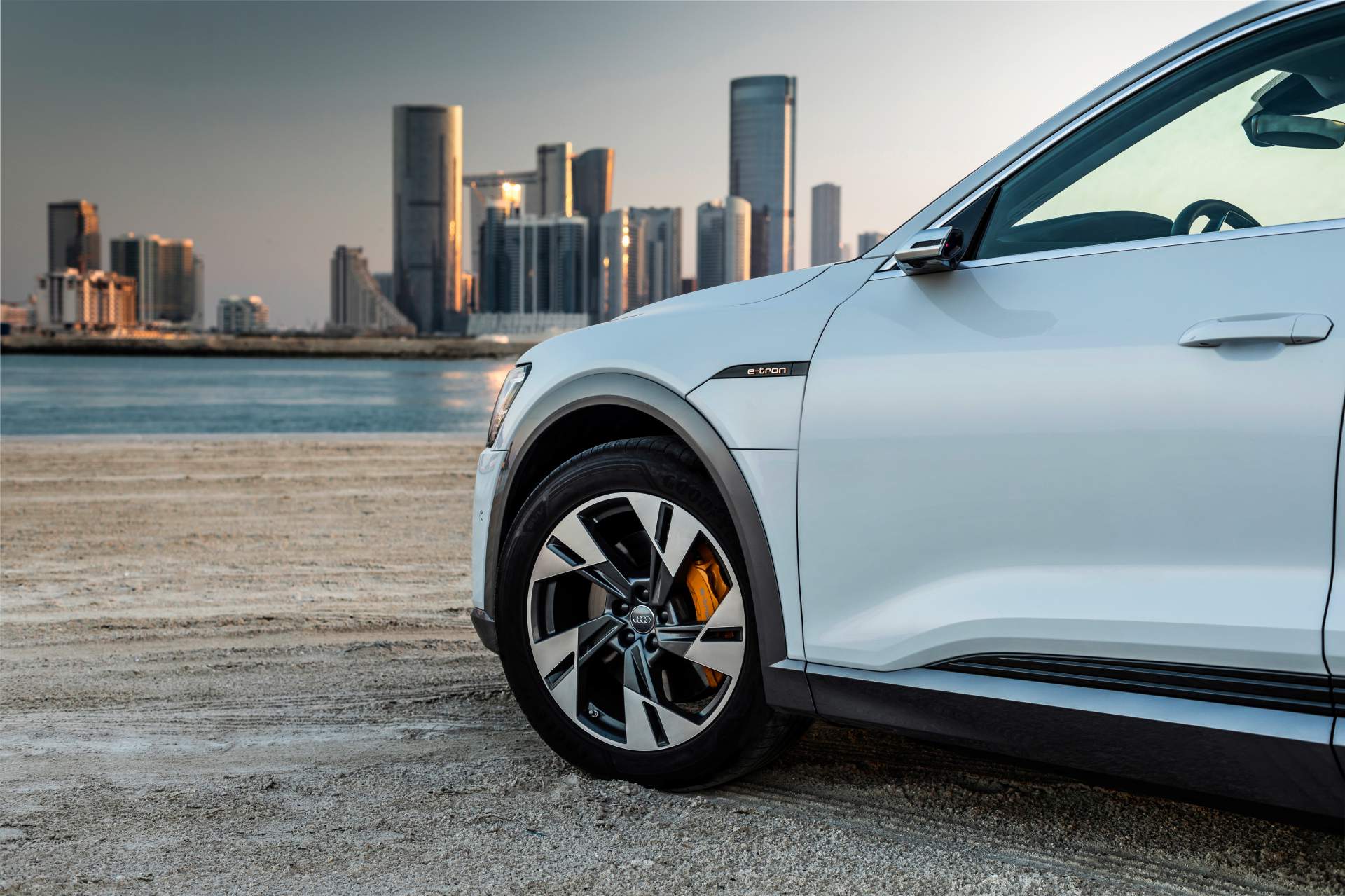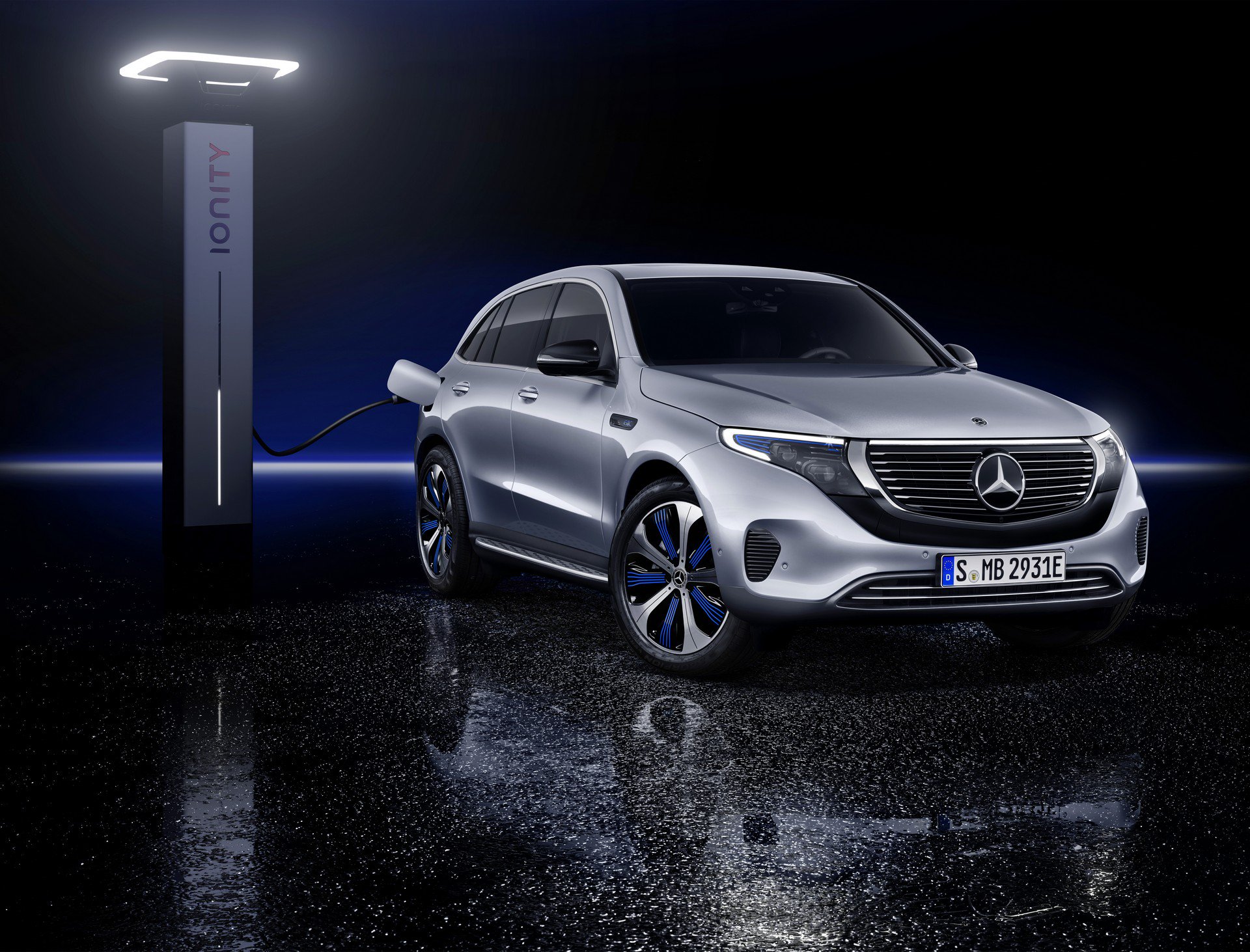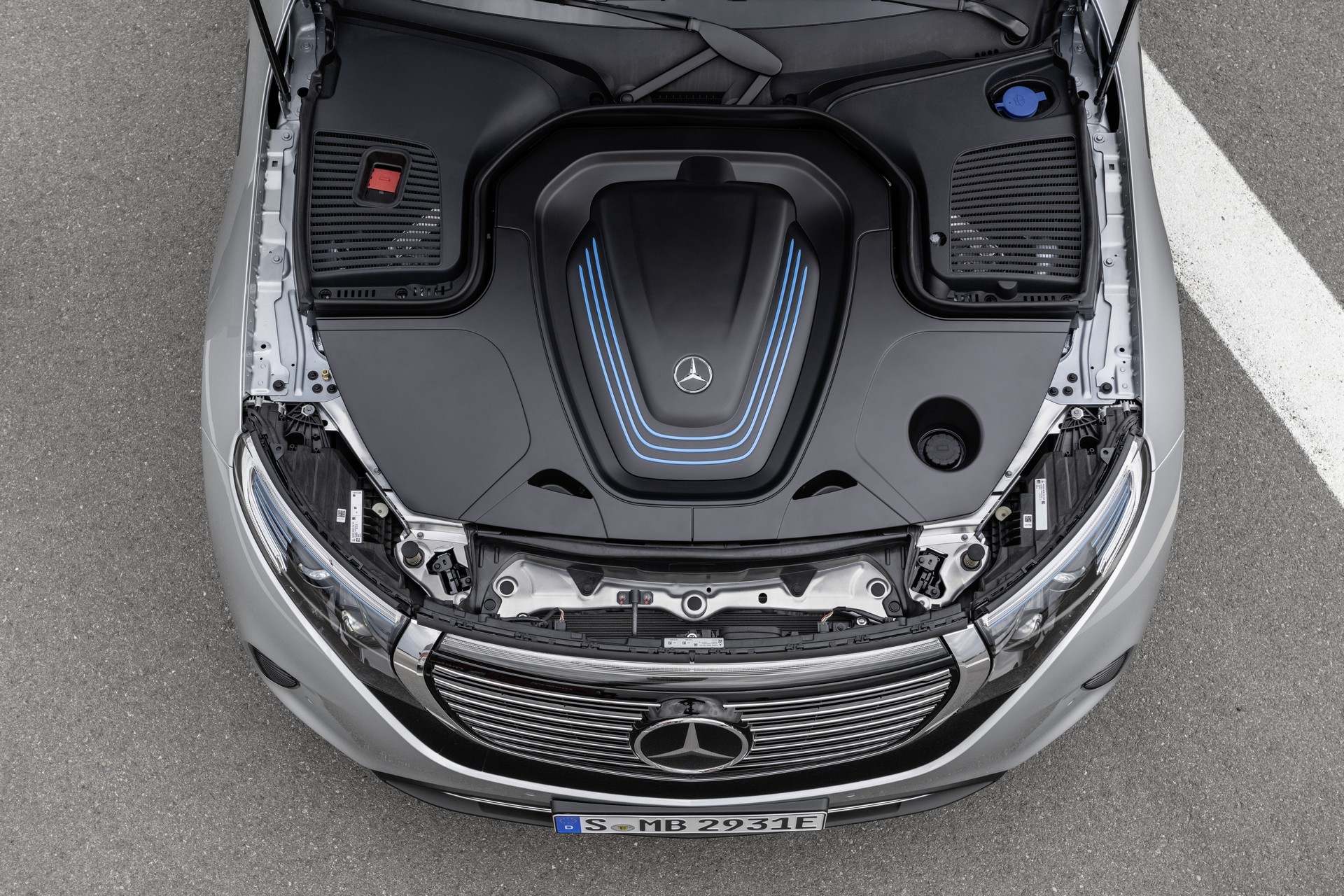Germany’s automotive industry will invest close to 60 billion euros ($68 billion) in electric cars and autonomous driving technologies over the next three years.
It’s only by putting more EVs on the road that the country can meet stringent EU carbon dioxide emissions targets, which in turn means developing the current charging infrastructure, said VDA president Berhard Mattes in a statement.
“The ramp-up of electric mobility is coming in Europe,” he said. “Without it, the EU’s CO2 targets cannot be achieved by 2030.”
Over the next three years, German carmakers will invest over 40 billion euros in electric mobility, plus another 18 billion euros to be invested in digitization, connected and automated driving, as reported by Autonews Europe.
Mattes also said that Germany, like other major European economies, is set to have a much higher share of electric vehicles among its new registrations compared to the EU average. He also knows that in order for things to progress according to plan, the charging infrastructure for EVs must be expanded and incentives must be offered to e-car buyers.
Price is still an issue
Factors like high sticker prices, limited driving ranges and patchy charging infrastructure are still enough to turn away certain buyers from this market, which is why incentives are so important, and also why we now live in a world in which major rivals have begun working together on self-driving cars, like Daimler and BMW or VW and Ford.






